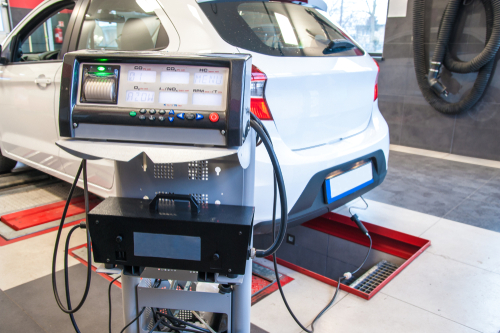
In a letter to vehicle and engine manufacturers, the California Air Resource Board (CARB) urged the companies to disclose devices or modifications designed to interfere with emission control systems.
In 2015, CARB started investigations into instances of emission control tampering in diesel vehicles. Since then, it has continued to expand its investigation and penalize those found to have tampered with or shut down emission control systems using either devices or software.
“While a handful of manufacturers stepped forward over the last five years, the vast majority did not,” the board said in its Oct. 16 letter. “As promised in 2015, CARB moved forward with expanded testing programs and a suite of newly developed techniques to detect unauthorized AECDs and defeat devices in diesel engines.”
In the letter, the board said that if manufacturers disclosed tampering products voluntarily before the end of the year, it would reduce penalties for the violation.
“The results of this expanded program are now visible for all to see: multiple settlements with manufacturers for cheating on their certification documentation,” the board wrote. “Those settlements revealed a sad litany of disbenefits to public health as a result of excess emissions, and a commensurate amount of money – now exceeding one billion dollars, with more investigations underway – for mitigation and penalties with numerous manufacturers. Full compliance with CARB’s emission regulations for vehicles and other mobile sources is essential to California’s plans to meet air quality targets and to protect heavily impacted communities from the harmful effects of air pollution exposure.”
The board said that it was fully prepared to take on its next set of violators.
“This situation will not continue–It is a clear violation of public health to pollute the air with illegal devices, and it undermines the essential trust that has supported the certification program for decades. CARB is therefore now writing to you again to encourage voluntary disclosure of any potential violations with respect to these and other applicable regulatory requirements. Voluntary disclosure will trigger a reduction in penalties; failure to do so may affect the result of future enforcement actions involving your company when CARB’s new techniques – and its new state-of-the-art testing laboratory opening in 2021 – inevitably detect any violations you may have,” the board wrote.
Manufacturers have until Dec. 31, 2020, to voluntarily disclose the devices. If they do so, they will receive up to a 75 percent reduction in their fines, the board said.